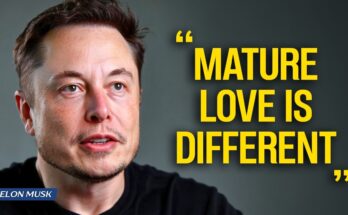I never imagined that protecting my grandson would cost me my relationship with his mother.
It started with a birthday picnic—my own, ironically. My daughter-in-law, Megan, had insisted I was “too old” to babysit. She said it kindly, but firmly. I didn’t argue. I’d learned long ago that Megan didn’t like being challenged. Instead, she hired a nanny. Young, stylish, and—according to Megan—“better equipped to handle a toddler.”
I swallowed my pride. I just wanted to be part of my grandson Noah’s life.
At the picnic, the nanny was in charge. Megan floated around, socializing. I stayed close to Noah, watching. That’s when I noticed the nanny scrolling on her phone, distracted, while Noah wandered toward the edge of the park—toward the street.
I called out. She didn’t hear. I ran.
I reached him just as he stepped off the curb. A car swerved. Horns blared. I scooped him up, heart pounding, hands shaking. The nanny looked up, startled. Megan rushed over, furious—not at the nanny, but at me.
“You’re overreacting,” she snapped. “You scared him.”
I tried to explain. Tried to show her the danger. But she wouldn’t listen. She accused me of undermining her parenting, of being dramatic, of “trying to prove I’m still capable.”
That night, I made a decision. I called the nanny and let her go. I paid her for the week and told her gently but firmly that her carelessness had nearly cost us everything.
When Megan found out, she was livid. She said I had no right. That I was controlling. That I’d crossed a line.
But I knew the truth: I had protected Noah when no one else did.
I wrote Megan a letter. I told her I wasn’t trying to replace her. I wasn’t trying to prove anything. I was simply doing what any grandmother would—what any human should. I told her I loved her, but I loved Noah more than my own pride. And I would never apologize for that.
She never responded.
Weeks passed. The silence grew. My son tried to mediate, but Megan refused to speak to me. I missed Noah’s laughter, his sticky fingers, his sleepy hugs. I missed being part of his world.
But I didn’t regret my choice.
Because sometimes, love means risking rejection. Sometimes, protecting someone means being misunderstood. And sometimes, the deepest heartbreak comes not from being wrong—but from being right, and still being shut out.
I still hope Megan will come around. That one day, she’ll see my actions not as defiance, but devotion. Until then, I carry the memory of that moment—of Noah’s tiny hand in mine, of the car that didn’t hit him, of the love that made me run.
And I know, in my bones, that I did the right thing.

